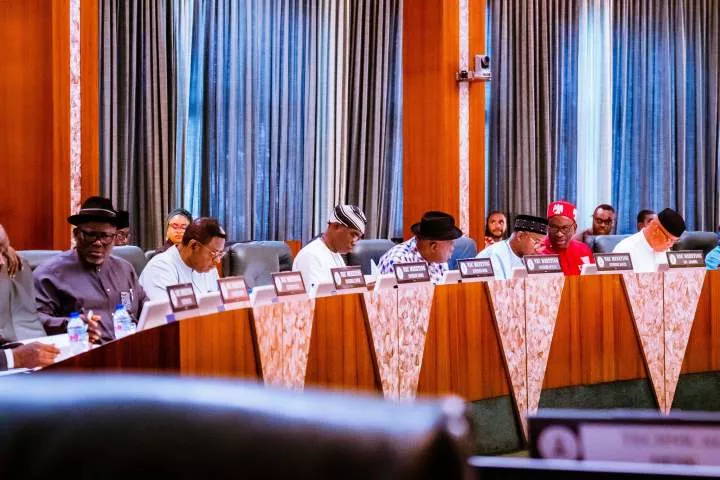
The 774 local government councils in the country are presently in dire financial strait and unable to cater to people at the lowest level in accordance with their constitutional mandate due to the actions and inactions of state governors.
Following the poor state of affairs in the local government councils across the country, the Nigeria Union of Local Government Employees accused state governors of crippling the third tier of government.
Saturday PUNCH investigation revealed that apart from the structures and premises of most local government council headquarters being currently in a dilapidated state, funding of the councils had become difficult due to the continued tampering with the money belonging to them by state governors.
NULGE also raised the alarm that 34 out of the 36 state governors were guilty of diverting local government funds, leaving the government closest to the people with inadequate funds to develop the communities.
Out of the 36 states, NULGE said only Rivers and Jigawa were clean of the allegation, while the remaining state governors had refused to steer clear of local government council funds despite a directive by the Nigerian Financial Intelligence Unit for them to desist from the act. The governors, the union alleged, had rather devised a means to manipulate the NFIU guidelines and continued to divert the funds.
The National President, NULGE, Ambali Olatunji, noted that it was a deliberate act by the state governors as they denied the grassroots of the effective leadership the masses desired, adding that the diversion of resources meant that development in the grassroots would continue to be undermined.
He stated that the governors' refusal to conduct local government elections was also an attempt to deny the grassroots the right to have political and democratic leadership accountable to them.
Olatunji said, "It will also create room for the diversion of resources available for meaningful growth and development at that sub-national level.
"The Federal Government must have the courage to take punitive action against such violation of Section 7 of the 1999 Constitution as amended.
"There are many court judgments against this even by the Supreme Court that outlaw such illegality."
The poor financial state of the local government councils has resulted in the councils being unable to carry out most of their basic functions, including the construction and maintenance of rural and township roads, primary health centres, waste disposal and other infrastructure.
Most of the local government secretariats are in a state of disrepair with buildings falling apart and outdated furniture. The premises are littered by carcasses of vehicles that have become unserviceable as well as tractors and other equipment meant to boost agricultural production in the rural areas.
Former President Muhammadu Buhari had on Friday May 22, 2022, signed an Executive Order to grant financial autonomy to the judiciary, legislature and local governments. The Executive Order No. 10 of 2020 made it mandatory that all states of the federation should include the allocations of both the legislature and the judiciary in the first-line charge of their budgets.
Also, on Monday May 23, 2022, a Federal High Court in Abuja delivered a judgment in favour of the Federal Government and the Nigerian Financial Intelligence Unit on the state and local government joint accounts nationwide.
The Executive Order mandates the Accountant-General of the Federation to deduct from the source amounts due to state legislatures and judiciaries from the monthly allocations to each state for states that refuse to grant such autonomy.
Section 7 of the 1999 Constitution spells out the functions of the local government to include the provision and maintenance of primary, adult and vocational education, and the development of agricultural and natural resources other than the exploitation of minerals.
Other key functions include the naming of streets, numbering of houses, the provision and maintenance of public conveniences and sewage/waste disposal. It is also the duty of local governments to undertake the registration of deaths, births and marriages.
Section 162(3) of the constitution states, "Any amount standing to the credit of the Federation Account shall be distributed among the federal and state governments and the local government councils in each state on such terms and manner as may be prescribed by the National Assembly."
However, most of the states are relying on sub-sections 6, 7 and 8, which state, "Each state shall maintain a special account to be called 'State Joint Local Government Account' into which shall be paid all allocations to the local government councils of the state from the Federation Account and the government of the state.
"Each state shall pay to local government councils in its area of jurisdiction such proportion of its total revenue on such terms and in such manner as may be prescribed by the National Assembly.
"The amount standing to the credit of local government councils of a state shall be distributed among the local government councils of that state on such terms and in such manner as may be prescribed by the House of Assembly of the state."

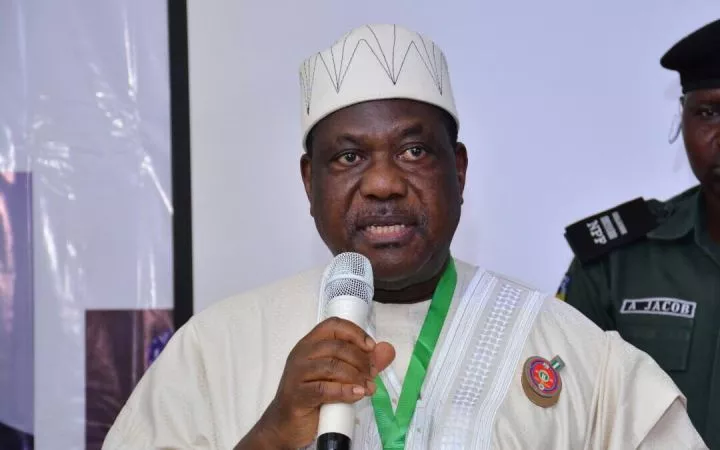
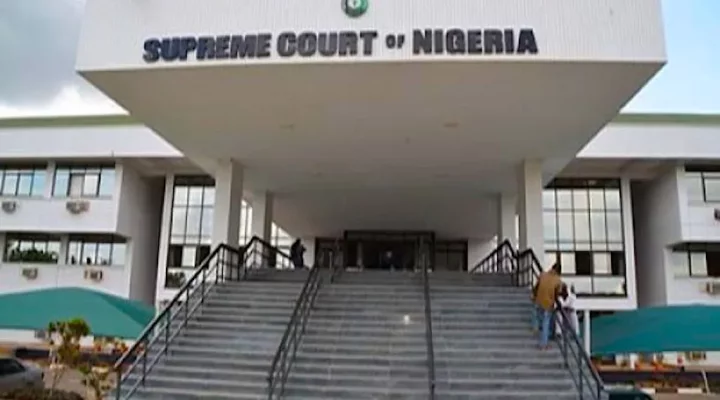
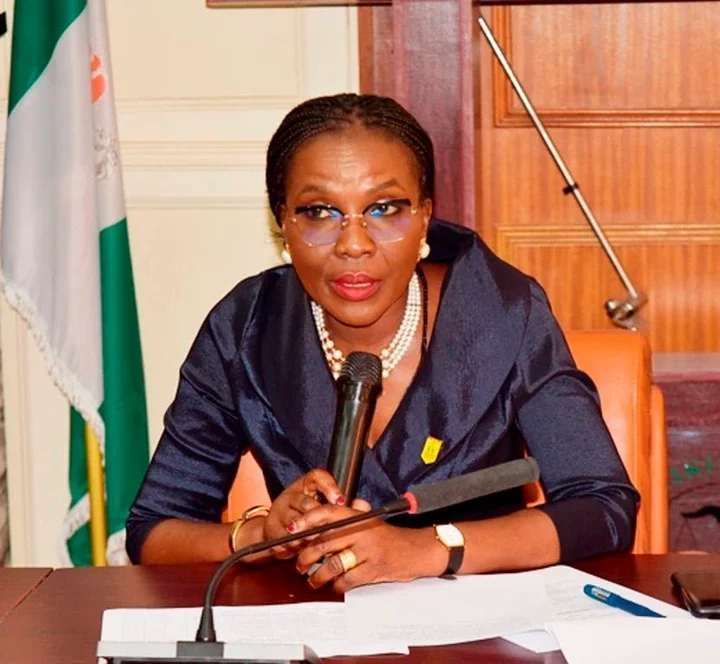

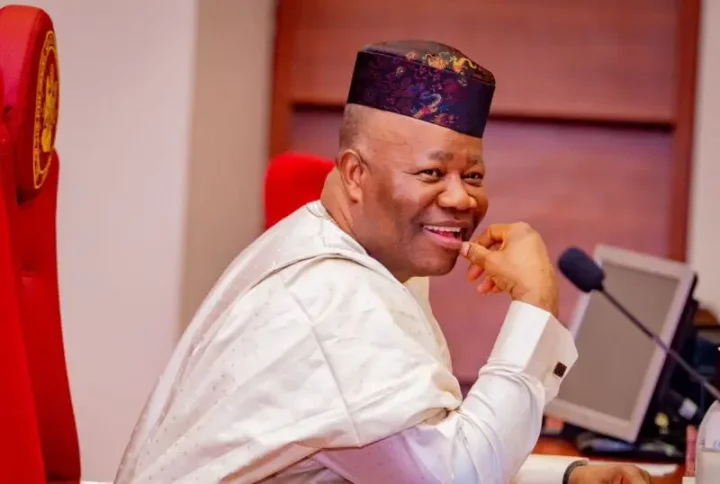
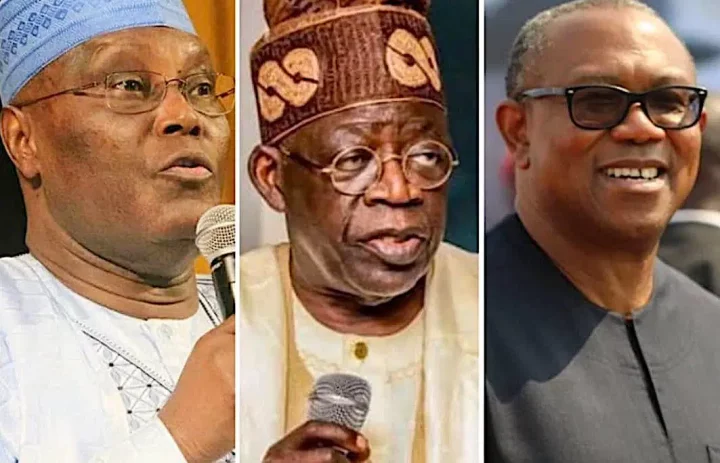

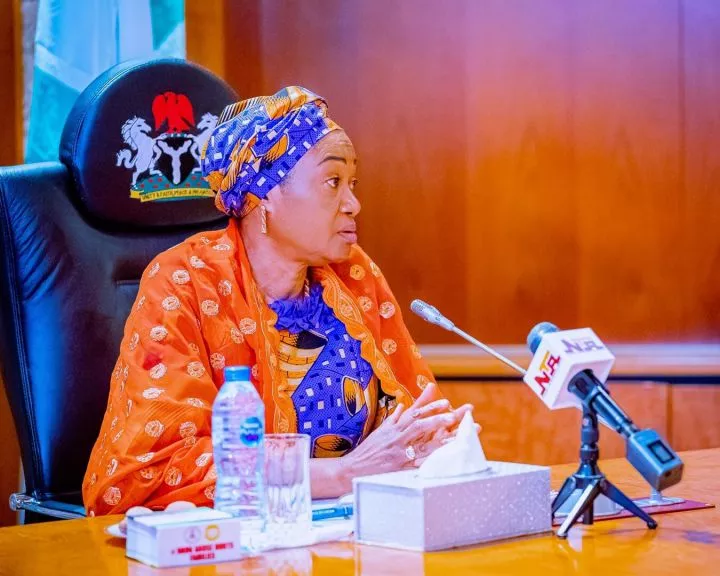




.jpg)

Comments